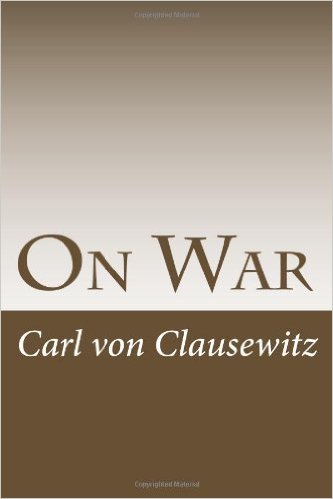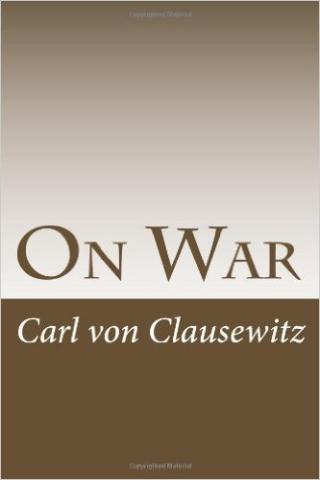- History
- Military
Of all the efforts to discover existential truths about the fundamental nature of war, Clausewitz’s On War comes closest to the mark. Tragically, Clausewitz died before he could complete his work. Yet, what he left us captures a number of fundamental truths. The most important is his comment that “war is not a mere act of policy but a true political instrument, a continuation of political activity by other means.” To illustrate that point he refers to a physics experiment of his time where a pendulum swings between three magnets of equal size. Those magnets represent three great forces of which war is composed: “primordial violence, hatred, and enmity, which are to be regarded as a blind natural force; of the play of chance and probability within which the creative spirit is free to roam; and of its subordination, as an instrument of policy...” (p. 89) In effect, Clausewitz was referring to the non-linear phenomenon caused by three forces working against each other.
On War is a difficult read. The most important of its books, Book I, which scholars believe is the only one that Clausewitz managed to complete, contains the heart of his argument, divided into carefully argued sections, which deserve to be pondered, rather than skipped through. Moreover, what makes Clausewitz so perceptive is his understanding of the effects of what he called friction on the course of military operations. The imponderables and the incalculable impact of chance, uncertainty, and ambiguity all combine to make war the most complex and difficult of the activities in which mankind engages. For Americans, most of whom have not felt the hard hand of war, and whose policy makers seem to believe that drones and air strikes are all that are needed to solve the problems of war, Clausewitz’s warning at the very beginning of On War deserves the closest attention: “Kind-hearted people might of course think there was some ingenious way to disarm or defeat an enemy without too much bloodshed and might imagine this is the true goal of the art of war. Pleasant as it sounds, it is a fallacy that must be exposed; war is such a dangerous business that the mistakes which come from kindness are the very worst.” (p. 75)
















